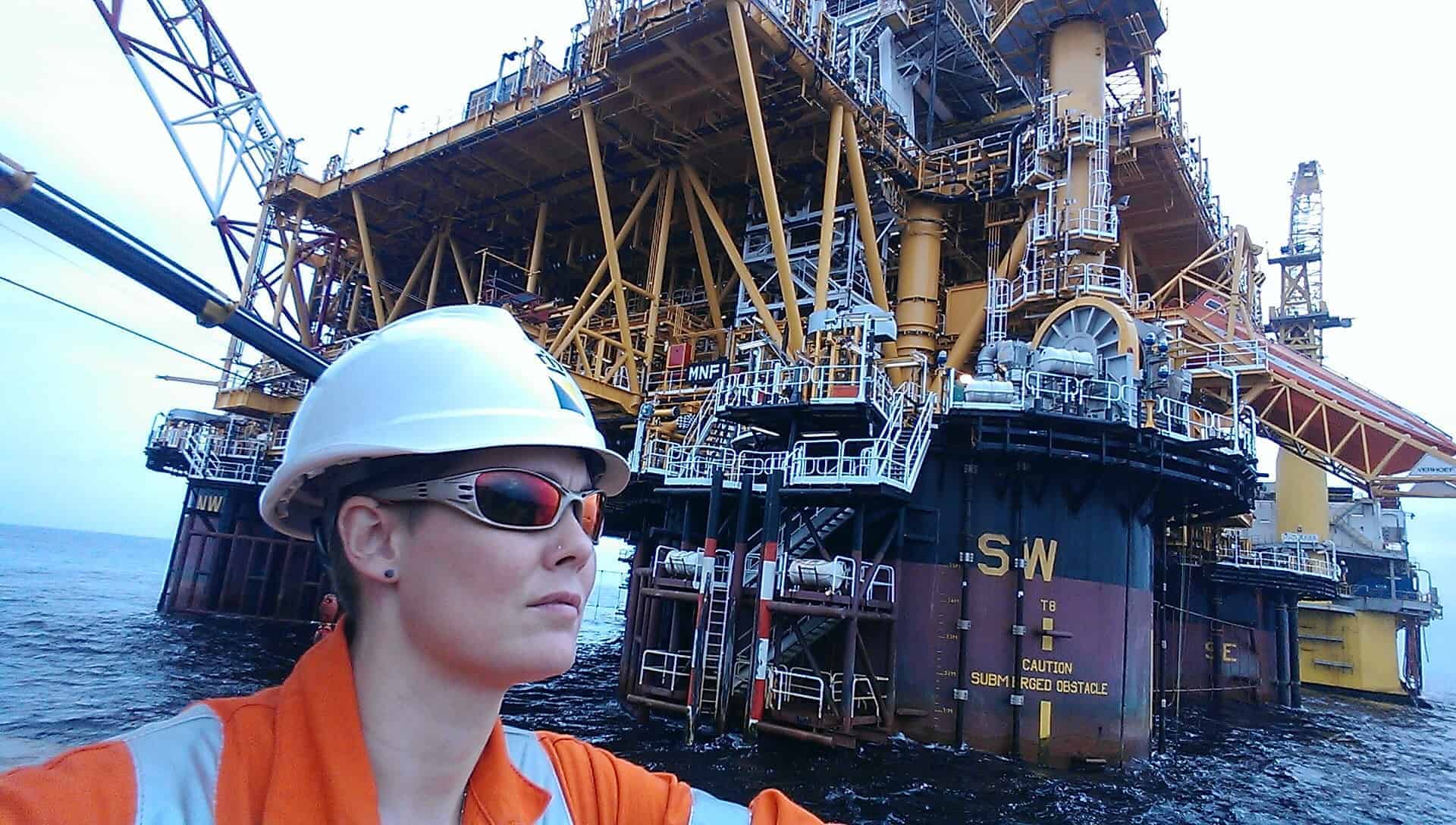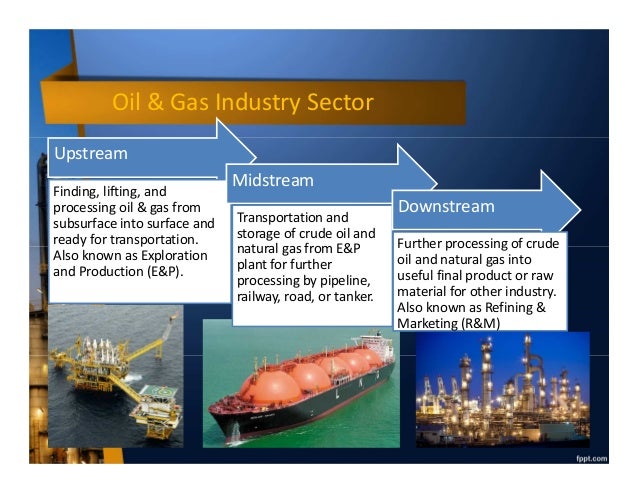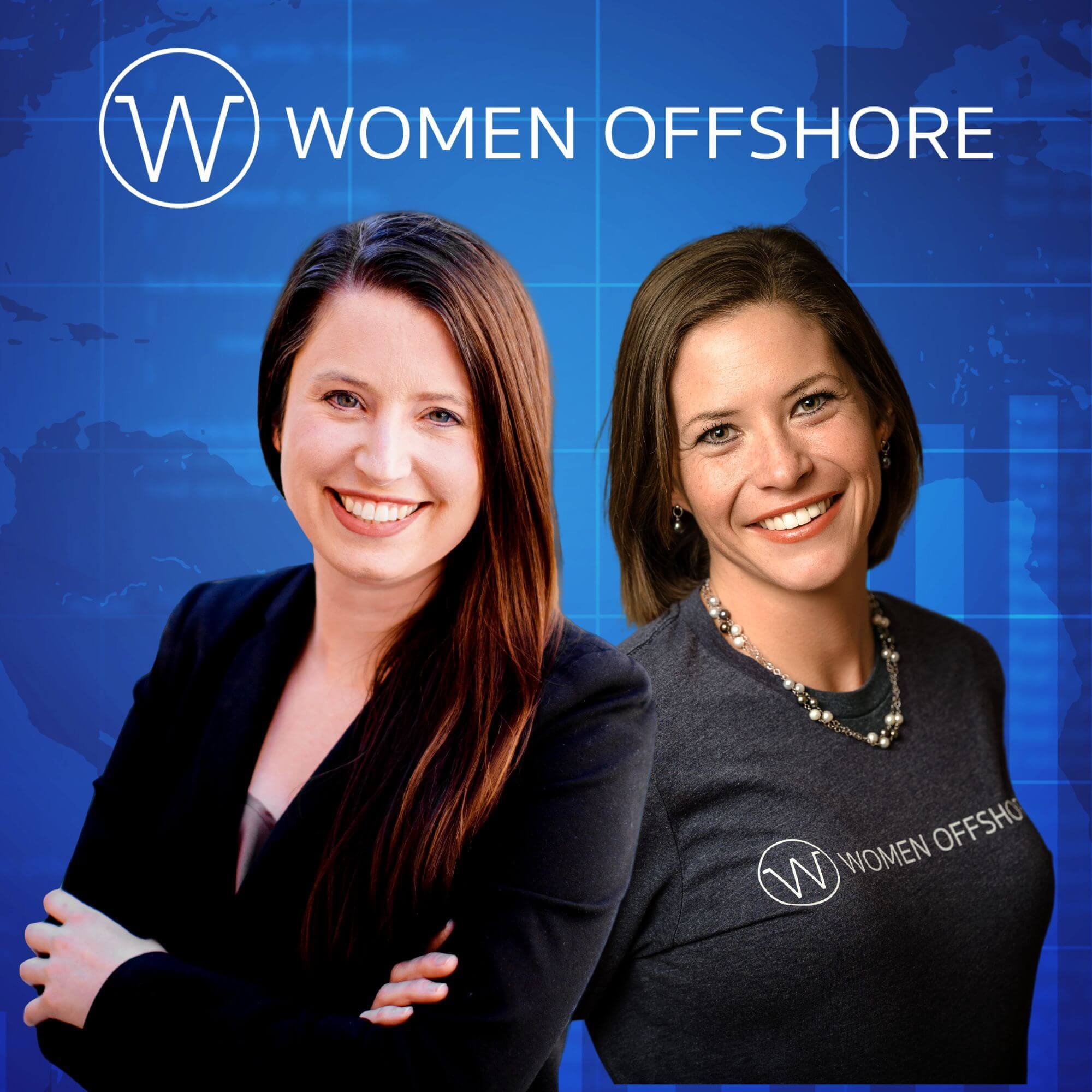Despite the recent downturn in the offshore energy industry, a demand still exists for highly trained and motivated individuals. Military veterans are wanted to meet this demand.
Veterans have wide-ranging skills that the offshore energy industry needs. They have specialized skill sets and general knowledge that can be put to use immediately in the workplace. According to an American Petroleum Institute (API) report from February 2017, roughly 1.9 million job opportunities that are projected through 2035, fall under a wide array of job categories, expertise, and education levels. With approximately one million veterans transitioning to the civilian sector in the next several years, and the recovery of the oil & gas market, who better to fill these positions than people proficient in both technical and non-technical roles across such a wide variety of fields?
It is understandable that many veterans may worry about transferring the skills they developed and mastered in the military to the offshore energy industry. However, the technical training that the Armed Services bestows upon its members is top-notch, and persons with engineering and research experience will find that their ability to work in regulated environments is beneficial to both themselves with their already regimented background and also, for potential offshore employers. Those who are from logistics divisions understand how to plan and execute the movement of supplies through the intermodal transportation system. Electricians and IT personnel can find work in a multitude of roles that service all parts of the offshore sector. Mechanics are needed upstream and downstream to service everything from sophisticated operations machinery to helicopters for crew changing and medical evacuation of personnel. Transitioning officers can find openings in management and supervisory roles to which they are well-fit. Warrant officers, considered technical experts in their field in the military, should be able to discover very suitable roles they qualify for within the oil and gas industries.

British Army Veteran and Offshore Medic Nicola Gardener
Nicola Gardener, a veteran recently featured on Women Offshore, is living proof that veterans can transition into the offshore energy industry. Nicola is a veteran of the British Army where she was a Specialist Nurse for eight years. She found work in the North Sea as an offshore medic where she put her training to use. After several years, she combined her skills into a Safety Adviser role. Now, she is certified with International NEBOSH, one of the premier HSE certifications in the world, and is working on a Master’s Degree in Occupational Health and Safety Management.
Nicola’s success story is just one of many. Veterans make up over 10% of the workforce in the oil & gas industries, when taking into account all upstream, downstream, and midstream jobs. Upstream fields are exploratory and production rigs that include ‘client’ companies like BP, Exxon, as well as, ‘contracted’ drilling companies like Seadrill, Transocean, Ensco, and all of the third-party well services companies required for the various operations. Midstream companies are involved in the transportation of oil by ship/barge, pipelines, trucks, and trains, as well as storage of crude oils. The downstream sector is involved in refining the oil into different components and the distribution of those. With an expected growth for the next two decades, the oil & gas industry is a great place for veterans to find a career.
When searching for a job, do not be intimidated that skills are not a direct match. Having the exact qualifications is rare and a lot of positions have on-the-job training to fill those gaps. Many recruiters are looking for the best-fit candidate and recognize the benefits of hiring veterans. To help candidates with the transition process, the API has developed the Veteran’s Energy Pipeline where you can learn about possible career fields, as well as search for jobs. The tools available on the website help candidates find appropriate positions that utilize their skills, research job demand & pay, and give candidates many different resources to assist them.
Find the right job in energy for you! Click HERE to visit the Veteran’s Energy Pipeline today!






Recent Comments